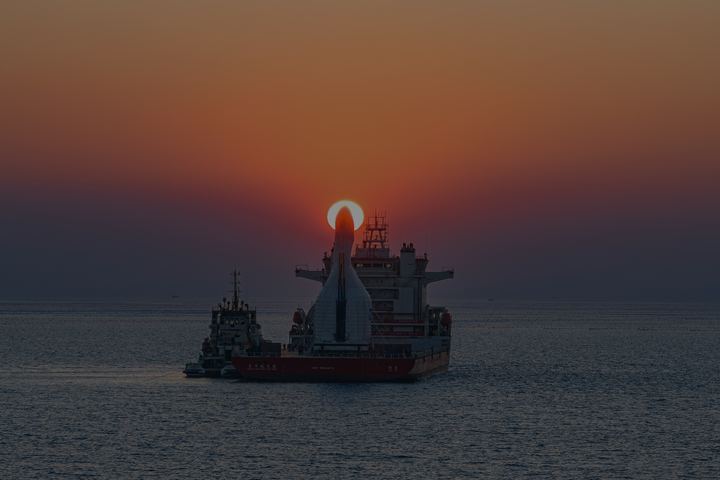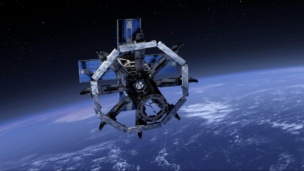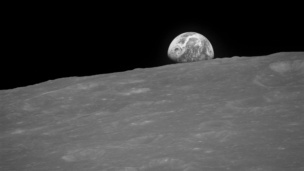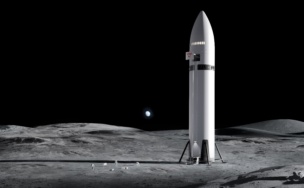The US and China are in a race to the bottom—for launch costs, that is.
While the two nations are competing in LEO and the race to the lunar surface, each country’s industry is also duking it out on Earth over who can get to space the cheapest, according to Yao Song, the CEO of Chinese launch startup Orienspace.
While China’s manufacturing costs are already low, its goal is to drop them below the cost of SpaceX’s reusable Falcon 9 rocket to capture a greater share of the launch market, Song explained during a webinar hosted by Space News on Tuesday.
Launch landscape: One drawback for China’s global launch ambitions is its geography. In the US, launch sites dot the coastlines of Texas, California, and Florida, but in China, where large cities cover the coastal terrain, construction of launch sites is more difficult, and spaceports are relegated to sparsely populated inland areas, Song said.
Bringing souvenirs home: China recently brought samples home from the far side of the lunar south pole—an area of the Moon thought to be rich with water ice that can be a game changer for countries able to reach it, Namrata Goswami, an ASU space policy professor, said during the webinar.
It’s a win for China—and a win for the world. The Chinese space agency is sharing samples from the Chang’e-6 mission with scientists around the world.
It’s unclear, however, whether American researchers will get to join in because of the Wolf Amendment, which prohibits using government funds for cooperation with China without Congressional or FBI approval. NASA chief Bill Nelson told CNN the agency is “going through the process right now” to check on the legality of American organizations applying to study the samples. “As of this moment, I don’t see a violation,” he said.





